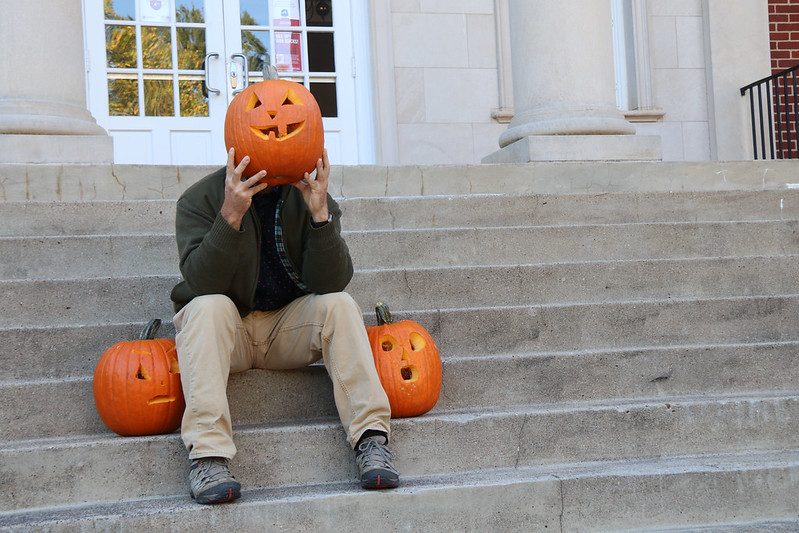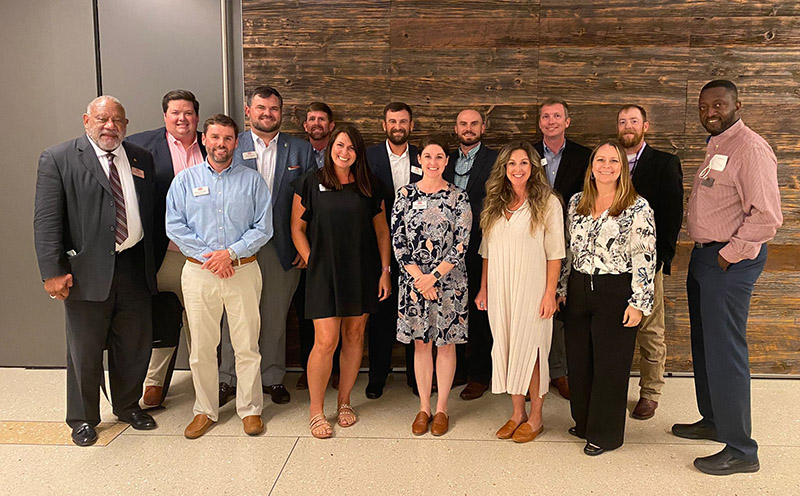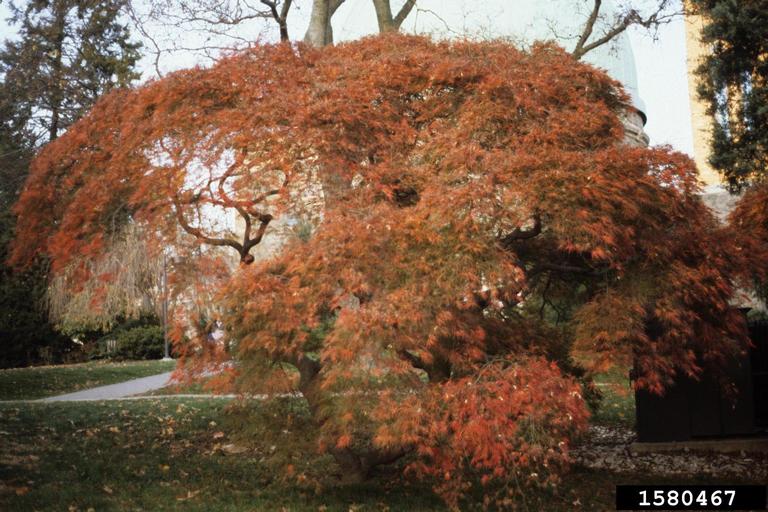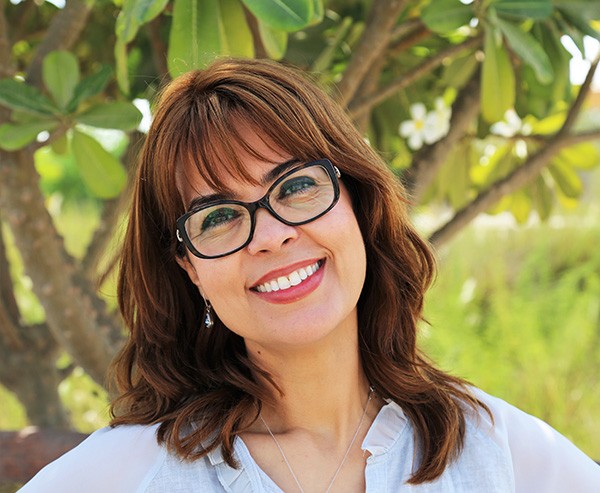 CAES News
CAES News
2021 National Friend of Extension
Georgia Commissioner of Agriculture Gary W. Black has been recognized as the 2021 National Friend of Extension by Epsilon Sigma Phi for his outstanding support for Extension. Commissioner Black was nominated for the national recognition by the University of Georgia's Alpha Beta chapter after being selected as the Georgia recipient in 2020.

.png)
.png)





